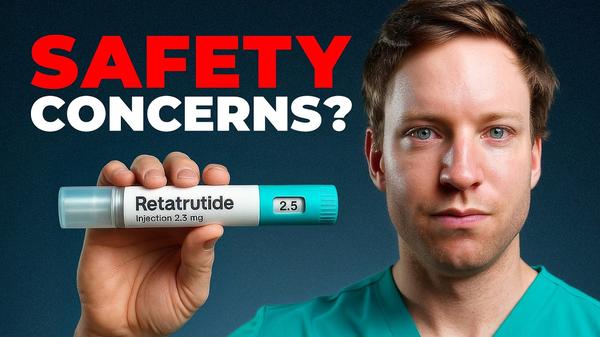
The #1 Nutrient Deficiency in High Blood Pressure
Brad Stanfield
Dec 1, 2024
Mindsip insights from this episode:
Maintain potassium intake to prevent blood pressure spikes
Restricting potassium intake can cause a significant rise in blood pressure in as little as nine days, even in people who previously had normal levels.
Achieve daily potassium intake of 3,500 to 5,000 milligrams
The American Heart Association recommends a daily potassium intake target of between 3,500 to 5,000 milligrams per day, a level few people actually reach.
Flush excess sodium with potassium for lower blood pressure
Potassium helps your body get rid of extra sodium through urine, which in turn reduces fluid retention and lowers your blood pressure.
Lower blood pressure below 120 to reduce heart attack and stroke risk
The SPRINT study revealed that lowering blood pressure to below 120, rather than the old standard of 140, results in a 27% lower risk of heart attacks and strokes.
Lower blood pressure by 10 units to significantly reduce heart disease and stroke risk
Clinical trials show that reducing blood pressure by just 10 units cuts the risk of coronary heart disease by 22% and the risk of stroke by a whopping 41%.
Address magnesium deficiency to maintain potassium levels
A magnesium deficiency can cause your body to excrete too much potassium, making it difficult to maintain correct potassium levels even with sufficient intake.
More from
Brad Stanfield
You also might be interested in
Dr. Casey Means: Eat like THIS to reduce your Risk of Metabolic Disease!
Biohacking Fertility for Men and Women at Any Age
Improve Energy & Longevity by Optimizing Mitochondria | Dr. Martin Picard
Dr. Casey Means: Stop Ignoring Your Health — Do These 5 Free Tests!
The Untold Science Of Vibration Therapy & The “BioDrive” Breakthrough That Regulates Your Mind and Body, With Dr. Mike North















